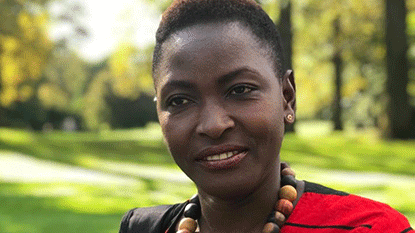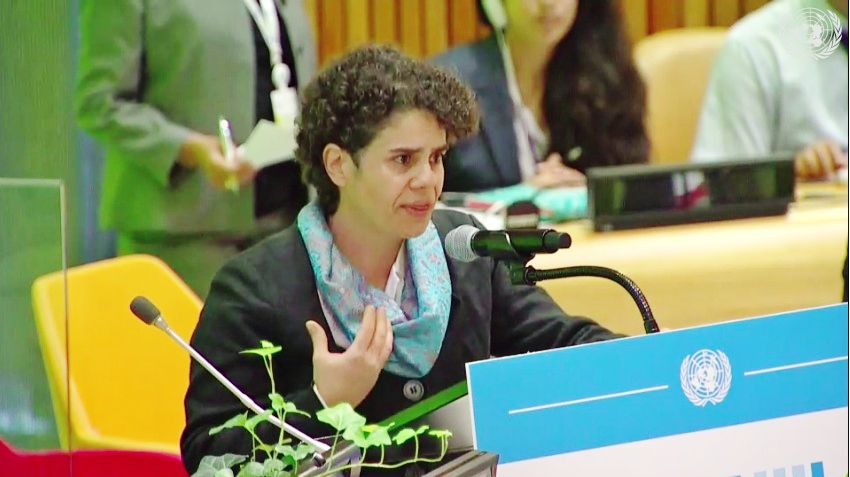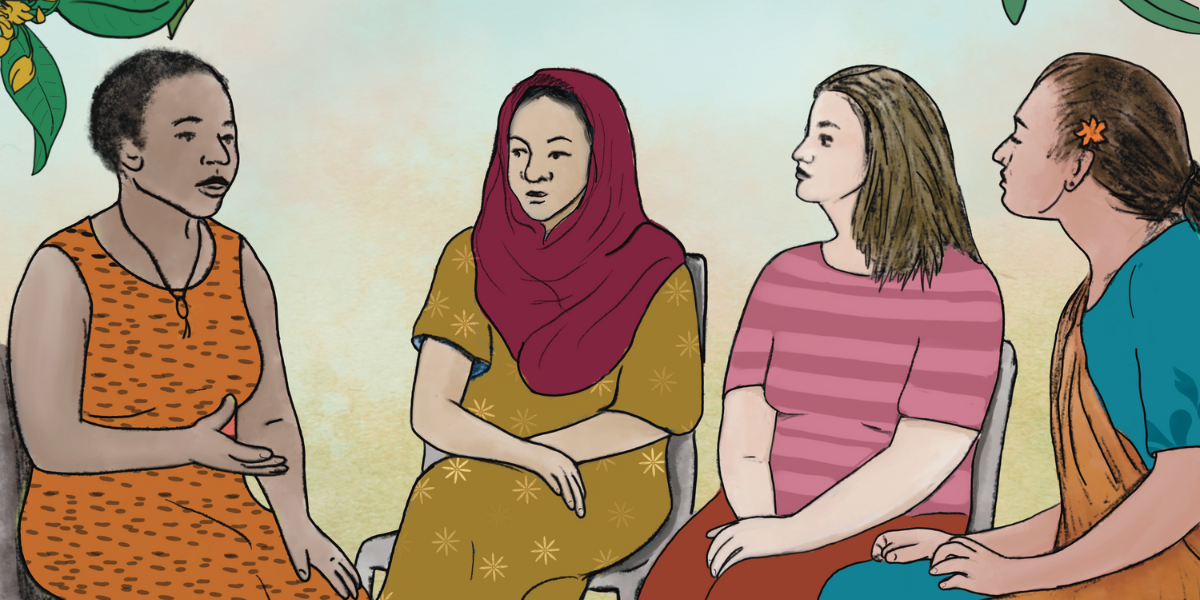Does the food sovereignty and agroecology movement reproduce the very power relations they say they are working to eradicate? This is the central question of the third and final episode of our podcast miniseries ‘A Journey Through Feminist Agroecology’. In this episode, we explore the complexities and challenges of feminism inside these movements.
Two inspiring guests, Leonida Odongo and Paula Gioia, share with us how they experience patriarchal behavior inside the movement, each from their own unique perspectives. Their experiences show that movements on food sovereignty and agroecology are not by themselves feminist. The reproduction of patriarchal and male chauvinist behaviors, for example, is also prevalent in these movements. Within the agroecological movement, we want to change the system, but it is equally important to transform our ways of working from within.
Leonida and Paula highlight which feminist values and practices they already see being translated into these movements and give some concrete examples of how these can be further strengthened.
Click here to listen.
GUEST BIOS

Leonida Odongo comes from Kenya in East-Africa. She is the founder of Haki Nawiri Afrika, an initiative advancing social justice and building connections among communities in Kenya, Africa and beyond. She is active in the peasant’s movement at the local, national, regional and international level where she strongly brings in the gendered local realities of the communities she works with.

Paula Gioia is a peasant farmer and beekeeper based in Germany, living and working on a community farm. Paula was born in the urban areas of Brazil and migrated later to Germany. It was in Germany where they discovered peasant agriculture. Like Leonida, Paula is active in the peasants’ movement at the local, national, European and international level, where they actively bring to light issues related to the discrimination of LGBTTIQ+ people in agriculture and food sovereignty.
Paula is a non-binary gender person, who identifies neither as a woman, nor as a man. Throughout this podcast episode and article, we will therefore use the pronouns they/them when referring to Paula.
BACKGROUND
In collaboration with AgroecologyNow at the Centre for Agroecology, Water and Resilience (CAWR) of the University of Coventry (UK), CIDSE has been on a journey through feminist agroecology. In the first episode, we explored the question of what food systems would look like if they were based on feminist values. In the second episode, we explored food sovereignty and indigenous feminisms in the context of North America. The podcast miniseries is available on Spotify and other major listening platforms.
****
SPECIAL THANKS TO our two guests, Leonida Odongo and Paula Gioia, to Jessica Milgroom and Csilla Kiss at AgroecologyNow, and to Antoine, Alexander and Jeremy at the podcast production agency BulleMedia.
ILLUSTRATION BY Virginia Pineda Ogalla.
***
LISTEN to our first episode ”What does feminism have to do with the food you eat?“ (also available in Spanish) and to our second episode “Where Indigenous feminism and food sovereignties meet”.
READ ‘Feminism and agroecology: Transforming Economy and Society’ – a Special issue of the Farming Matters magazinepublished by The AgriCultures Network, CIDSE and Cultivate!
WATCH Agroecology Now’s short animation ‘For feminist agroecologies‘ (available with subtitles in multiple languages, French narration and Spanish narration).

This podcast series was co-funded by the European Commission. Its contents are the sole responsibility of the authors and do not necessarily reflect the views of the European Union.

